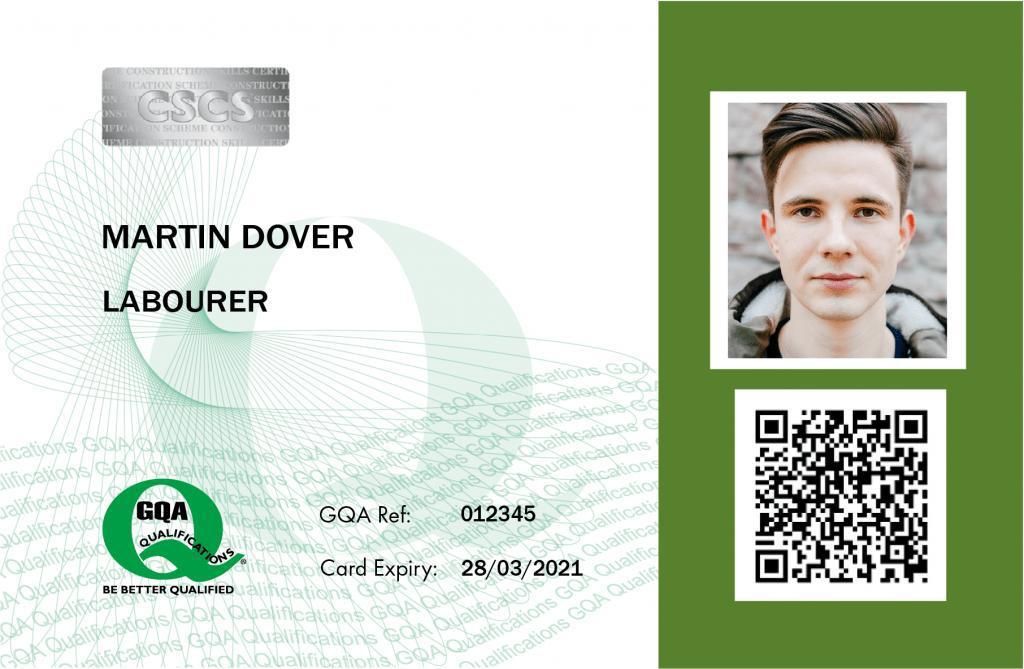
Excellence in Vision, Leadership and Innovation
Course ID: 2509082101263EGI
Course Dates : 08/09/25 Course Duration : 5 Studying Day/s Course Location: Amsterdam, Netherland
Language: Bilingual
Course Category: Professional and CPD Training Programs
Course Subcategories: Leadership and Management Excellence
Course Certified By: * Projacs Academy
* Professional Training and CPD Programs
Certification Will Be Issued From :
KSA
Course Fees: £4,838.34
Vat Not Included in the price. VAT may vary depending on the country where the course or workshop is held.
Click to Pay
Date has passed please contact us Sales@e-s-hub.com
Course Information
Introduction
Leadership, vision, and innovation are the cornerstones of sustainable success in any organization. These elements are not just abstract concepts but actionable frameworks that drive growth, foster resilience, and create competitive advantage. In an era where industries face rapid technological advancements, shifting consumer expectations, and global uncertainties, leaders must possess the ability to anticipate change, inspire teams, and implement innovative solutions. This course is designed to equip professionals with the tools, strategies, and mindset necessary to excel in these critical areas. By integrating established leadership theories such as Transformational Leadership (Bass, 1985) and Adaptive Leadership (Heifetz & Linsky, 2002), participants will explore how visionary thinking can be translated into tangible outcomes.
One of the most significant challenges organizations encounter is bridging the gap between strategic intent and execution. Many leaders struggle to articulate a compelling vision or fail to align their teams around shared goals. Additionally, fostering a culture of innovation requires more than just creativity—it demands structured processes, psychological safety, and a willingness to embrace failure as part of the learning journey. For instance, companies like Google and Amazon have thrived by embedding innovation into their DNA, encouraging experimentation while maintaining accountability. However, replicating such success requires deliberate effort and expertise—skills this course aims to cultivate.
The benefits of mastering vision, leadership, and innovation extend beyond individual career advancement; they ripple across entire organizations. Leaders who can effectively communicate a clear vision inspire higher levels of engagement and productivity among employees. Similarly, fostering innovation leads to improved problem-solving capabilities and the development of cutting-edge products or services. Organizations led by visionary leaders consistently outperform their peers, as evidenced by studies conducted by McKinsey & Company, which found that companies with strong leadership practices achieve up to 20% higher profitability.
This course draws on interdisciplinary insights from fields such as psychology, business strategy, and organizational behavior to provide a comprehensive learning experience. Participants will delve into frameworks like Design Thinking for innovation, Kotter’s 8-Step Change Model for leading transformation, and Kouzes and Posner’s Five Practices of Exemplary Leadership. Real-world examples will further enrich the curriculum—for example, analyzing how Elon Musk’s bold vision for Tesla disrupted the automotive industry or examining how Satya Nadella revitalized Microsoft through empathetic leadership and a renewed focus on innovation.
Moreover, the course addresses contemporary challenges such as remote work dynamics, diversity and inclusion, and ethical decision-making. As organizations increasingly operate in hybrid environments, leaders must adapt their communication styles and management approaches to maintain cohesion and motivation. Ethical dilemmas also present unique tests of leadership, requiring individuals to balance stakeholder interests with moral integrity. Through interactive discussions and case studies, participants will gain practical insights into navigating these complexities.
Ultimately, "Excellence in Vision, Leadership, and Innovation" empowers professionals to become catalysts for positive change within their organizations. Whether you are an emerging leader seeking to build foundational skills or an experienced executive striving to refine your approach, this course offers invaluable opportunities for growth. By blending theoretical rigor with hands-on application, it ensures that participants leave equipped to tackle real-world challenges and seize new opportunities.
Objectives
By attending this course, participants will be able to:
Analyze key leadership theories and frameworks to identify best practices for inspiring and guiding teams.
Evaluate organizational challenges and design tailored strategies to address them using adaptive leadership principles.
Apply Design Thinking methodologies to generate innovative solutions for complex problems.
Implement techniques for effective communication and alignment of team members around a shared vision.
Assess the role of ethics and inclusivity in leadership decisions and propose actions to promote fairness and trust.
Synthesize lessons from real-world case studies to develop actionable plans for driving organizational change.
Reflect on personal leadership strengths and weaknesses to create a personalized development roadmap.
Who Should Attend?
This course is ideal for:
Mid-level managers, team leaders, and project coordinators looking to enhance their leadership capabilities.
Entrepreneurs and business owners aiming to scale their ventures through visionary planning and innovative practices.
Consultants and HR professionals tasked with developing leadership programs within their organizations.
Educators and trainers interested in incorporating modern leadership theories into their teaching methodologies.
These groups will find value in gaining practical tools and frameworks to address common leadership challenges, foster innovation, and align teams toward shared objectives. The course is suitable for intermediate learners who already possess foundational knowledge of leadership concepts and wish to deepen their expertise.
Training Method
• Pre-assessment
• Live group instruction
• Use of real-world examples, case studies and exercises
• Interactive participation and discussion
• Power point presentation, LCD and flip chart
• Group activities and tests
• Each participant receives a 7” Tablet containing a copy of the presentation, slides and handouts
• Post-assessment
Program Support
This program is supported by:
* Interactive discussions
* Role-play
* Case studies and highlight the techniques available to the participants.
Daily Agenda
The course agenda will be as follows:
• Technical Session 08.30-10.00 am
• Coffee Break 10.00-10.15 am
• Technical Session 10.15-12.15 noon
• Coffee Break 12.15-12.45 pm
• Technical Session 12.45-02.30 pm
• Course Ends 02.30 pm
Course Outlines
Foundations of Visionary Leadership
Understanding the Role of Vision in Organizational Success
Key Leadership Theories and Their Practical Applications
Building Emotional Intelligence for Effective Leadership
Case Study: Lessons from Visionary Leaders (e.g., Steve Jobs, Indra Nooyi)
Day 2:
Driving Innovation in Teams and Organizations
Introduction to Design Thinking and Creative Problem Solving
Overcoming Barriers to Innovation: Culture, Risk, and Resources
Techniques for Encouraging Collaboration and Idea Generation
Workshop: Developing an Innovation Strategy for Your Team
Day 3:
Leading Through Change and Uncertainty
Kotter’s 8-Step Change Model: A Roadmap for Transformation
Managing Resistance to Change and Fostering Buy-In
Building Resilience in Teams During Times of Crisis
Group Activity: Simulating a Change Management Scenario
Day 4:
Communication and Alignment Around Vision
Crafting a Compelling Vision Statement That Inspires Action
Tools for Aligning Teams Around Strategic Goals
Mastering Persuasive Communication and Storytelling
Role-Playing Exercise: Delivering a Vision Presentation
Day 5:
Ethics, Inclusion, and Personal Development
Navigating Ethical Dilemmas in Leadership Decisions
Promoting Diversity and Inclusion in the Workplace
Self-Assessment: Identifying Strengths and Areas for Growth
Creating a Personalized Leadership Development Plan



















































